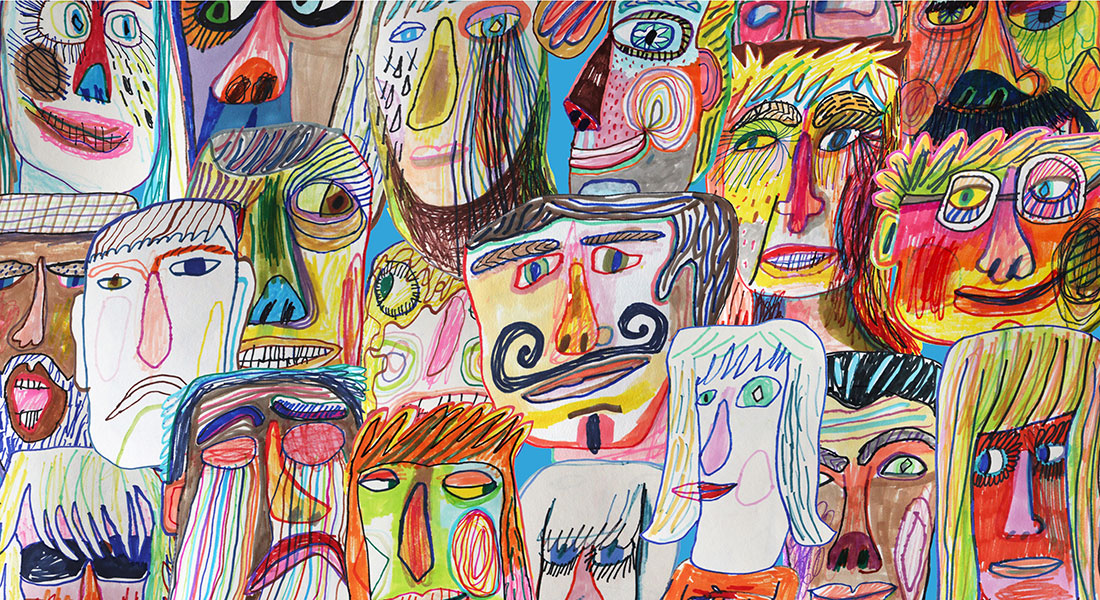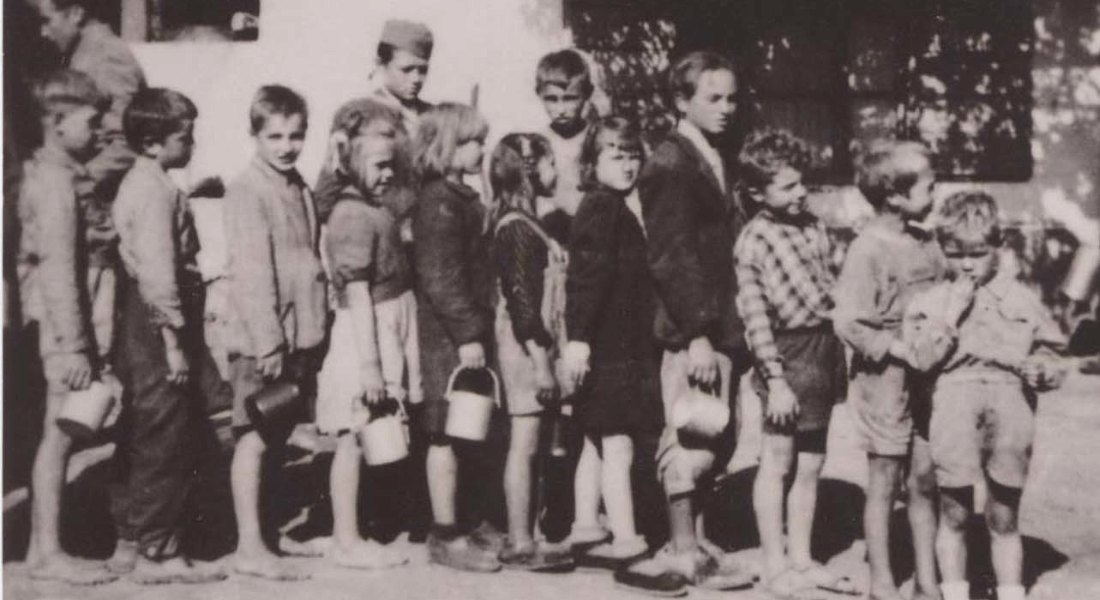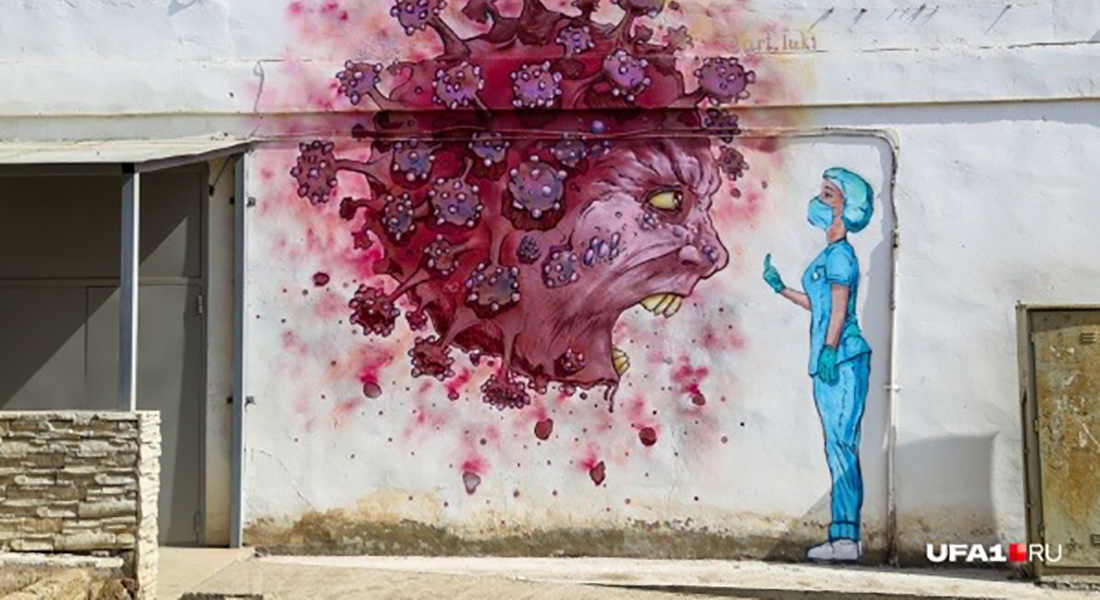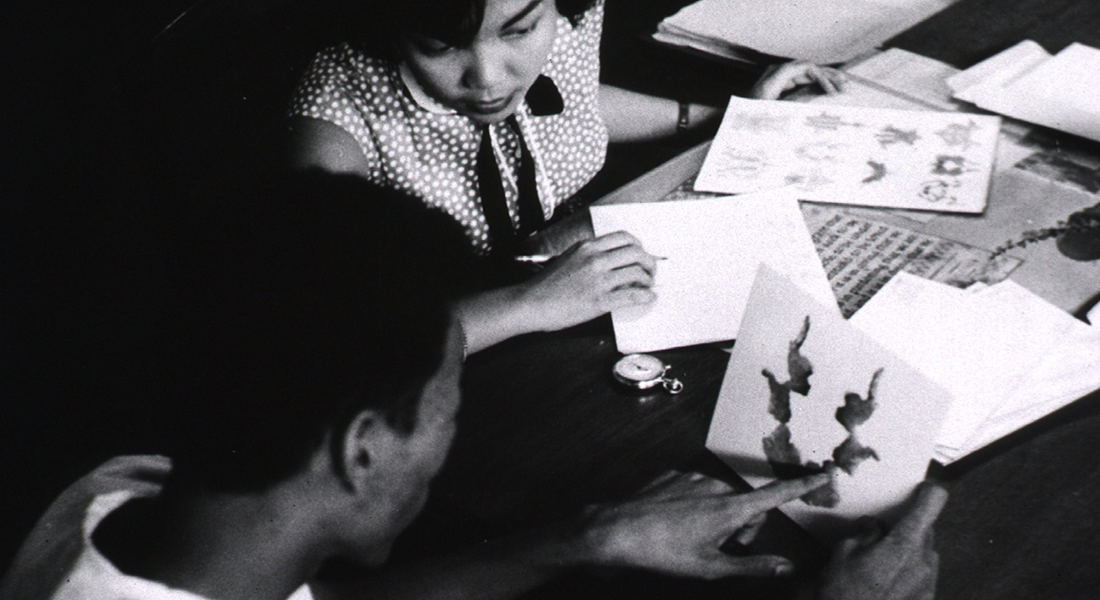Funded by Sapere Aude-Starting Grant, Independent Research Fund Denmark and Global Fellowship, Marie Skłodowska-Curie Actions, Horizon Europe, 2025 - 2030
Research
The centre’s transdisciplinary team explores a group of interrelated thematic strands, relying on insights from new cross-cultural psychiatry, post-colonial studies, critical medical anthropology, literary criticism and history of ‘psy’ disciplines and emotions.
The four strands demonstrate that discussions about the mind, psyche and their socio-cultural contexts, have been central to many research fields and pressing political debates. The centre also offers a unique platform for researching how patients’ cultural background affects psychiatric encounters, and how cultural factors should be accounted for in the course of diagnostic and therapeutic processes.
In all four research strands the centre seeks to: 1) develop a cross-cultural inter-disciplinary analytical framework by examining historical, ethnographic, literary and clinical materials, 2) focus on the interplay between psychiatric languages and patients’ narratives about their own illness experiences, and 3) explore models and practices of cross-cultural translation and interpretation.
Research strands
Cross-cultural research in human sciences
|
The twentieth century was marked by intense medical and political searches for new cross-cultural models of the human mind, in response to important socio-political changes, and experiences of unprecedented war and destruction. Core questionsHow have the psy disciplines transformed their definitions of the mind, cultural difference and humanity in response to major historical changes in the twentieth century? How has the process of decolonisation determined their search for a new universal yet culturally nuanced humanity? How have psychiatric research instruments and categories been developed and applied to help determine the role of ‘culture’ in clinical encounters? Research projects
|
Cross-cultural concepts of trauma, resilience, recovery and reconciliation
|
Since the late 20th century, trauma has become a central analytical concept not only in the ‘psy’ disciplines, but also within social sciences and humanities, post-conflict studies and transitional justice. But there is still little systematic research into different understandings of psychological injury or resilience beyond western scientific models (Micale&Pols 2021; Kivimaki and Leese 2021). Core questionsHow is mental distress and healing imagined in different cultural contexts, and to what extent can these different cultural understandings be placed in conversation with one another? Has the paradigm of psychological trauma (and PTSD) been capable of accommodating complex social, political and economic relations and circumstances? |
Cross-cultural therapeutics and the creative mind
|
Therapeutic creative arts practice in theatre, writing and fine arts has developed radically new research methodologies and forms of social engagement. How are such practices negotiated across and between cultures? Core questionsCan artistic representations and engagements with trauma have a broader transcultural appeal and power than medical/scientific models? How can culturally sensitive arts therapies be developed, and do they provide a unique insight into the mind-culture relationship? |
Cross-cultural encounters and population movement
|
The strand explores how different disciplines have re-conceptualised the mind and its socio-cultural attributes in order to address global anxieties around cross-cultural communication and (mis)understanding. Core questionsHow have the ‘psy’ disciplines engaged with the nature and consequences of intense transcultural connections? Why have migration debates often been coached primarily in terms of mental health concerns? Is mass migration always traumatic? Under what circumstances has migration been framed as a positive experience? Do the causes of a forced migration matter for its subsequent psychological processing? |




